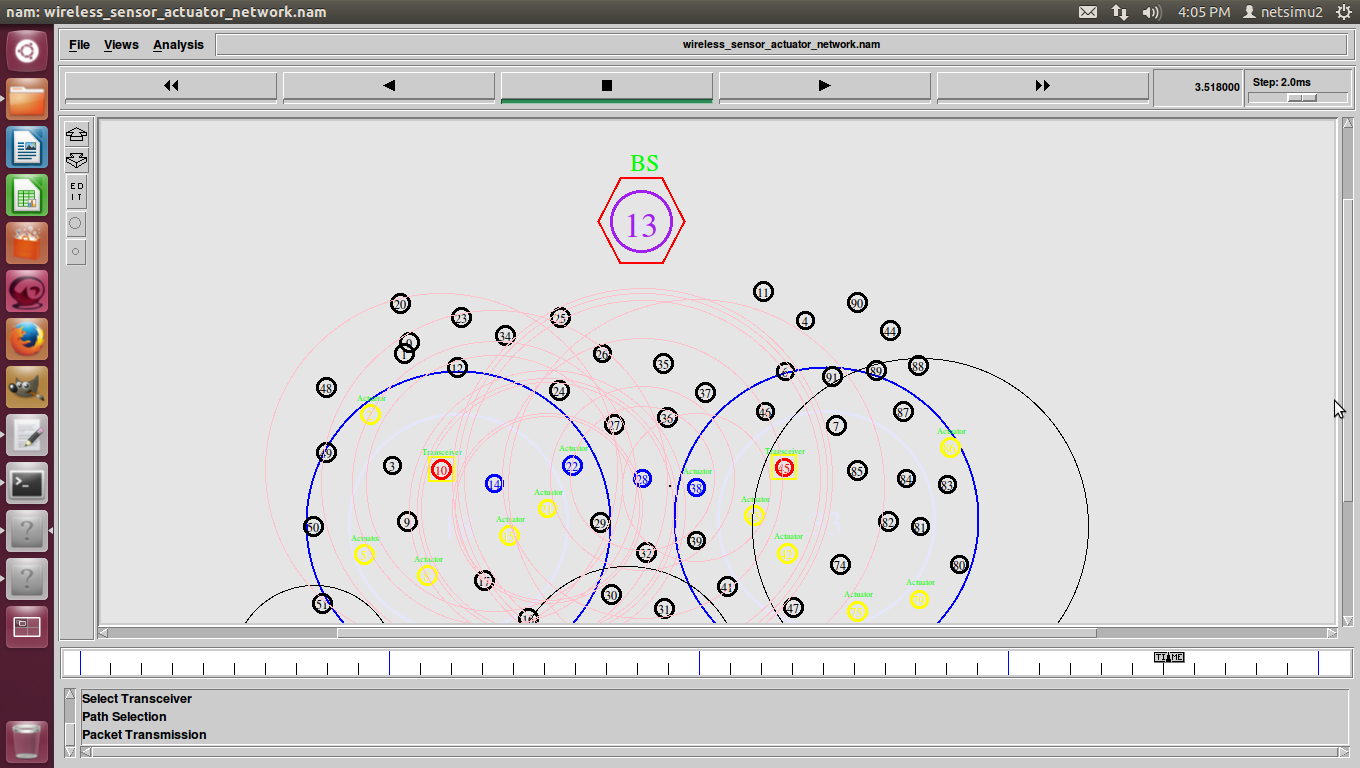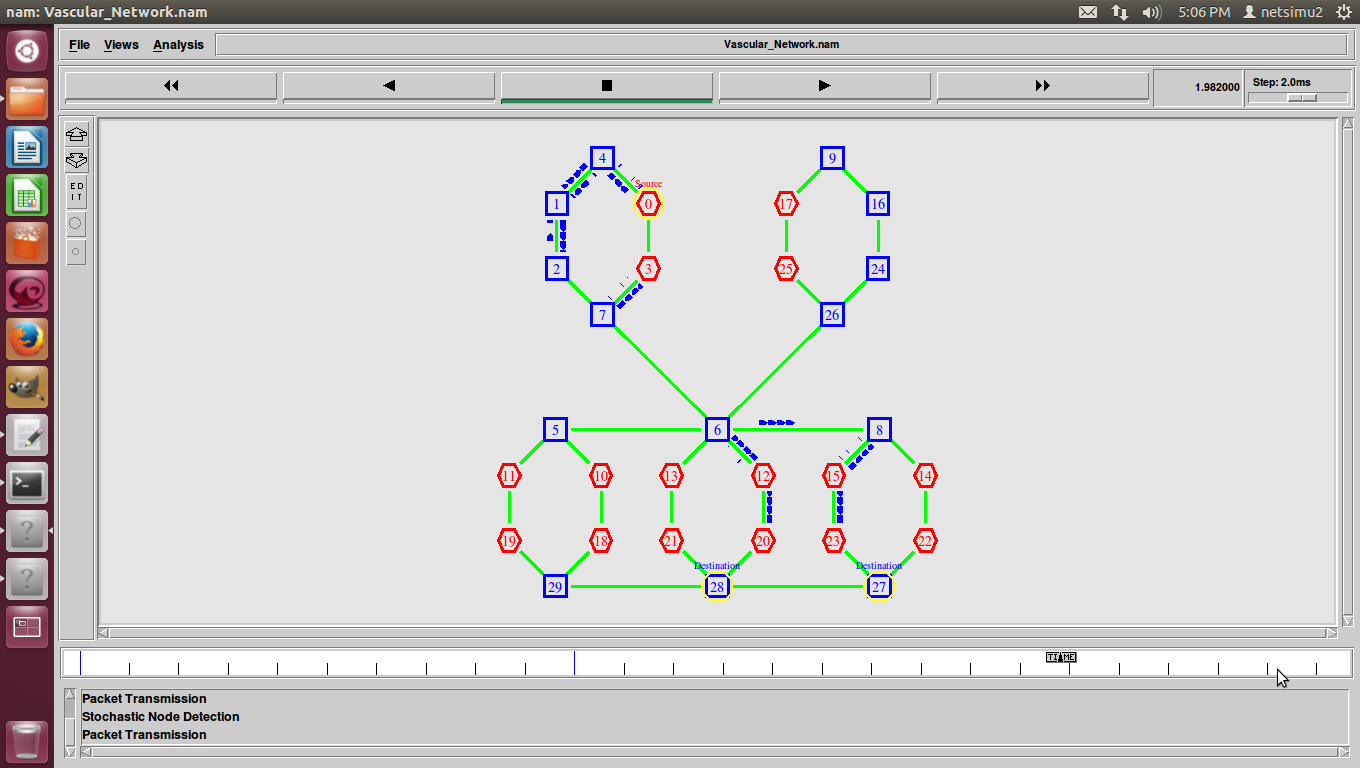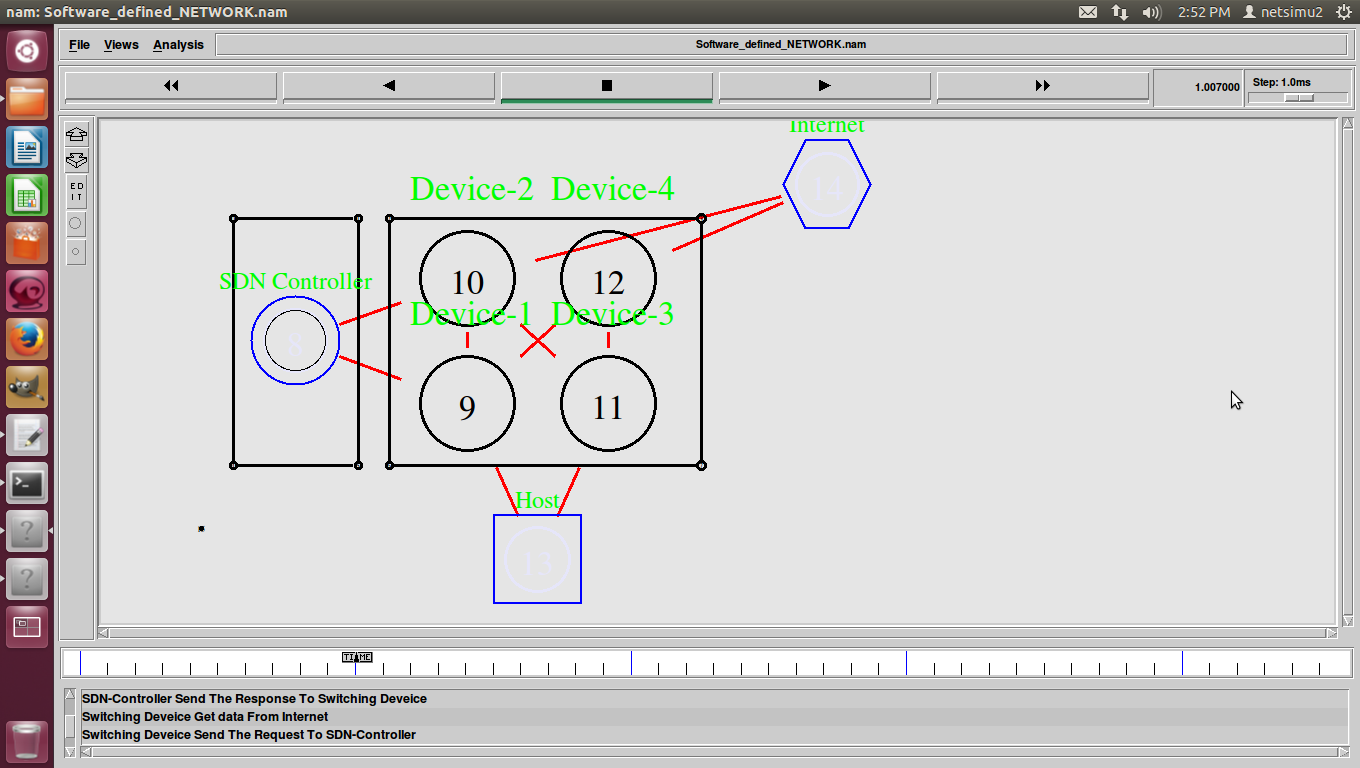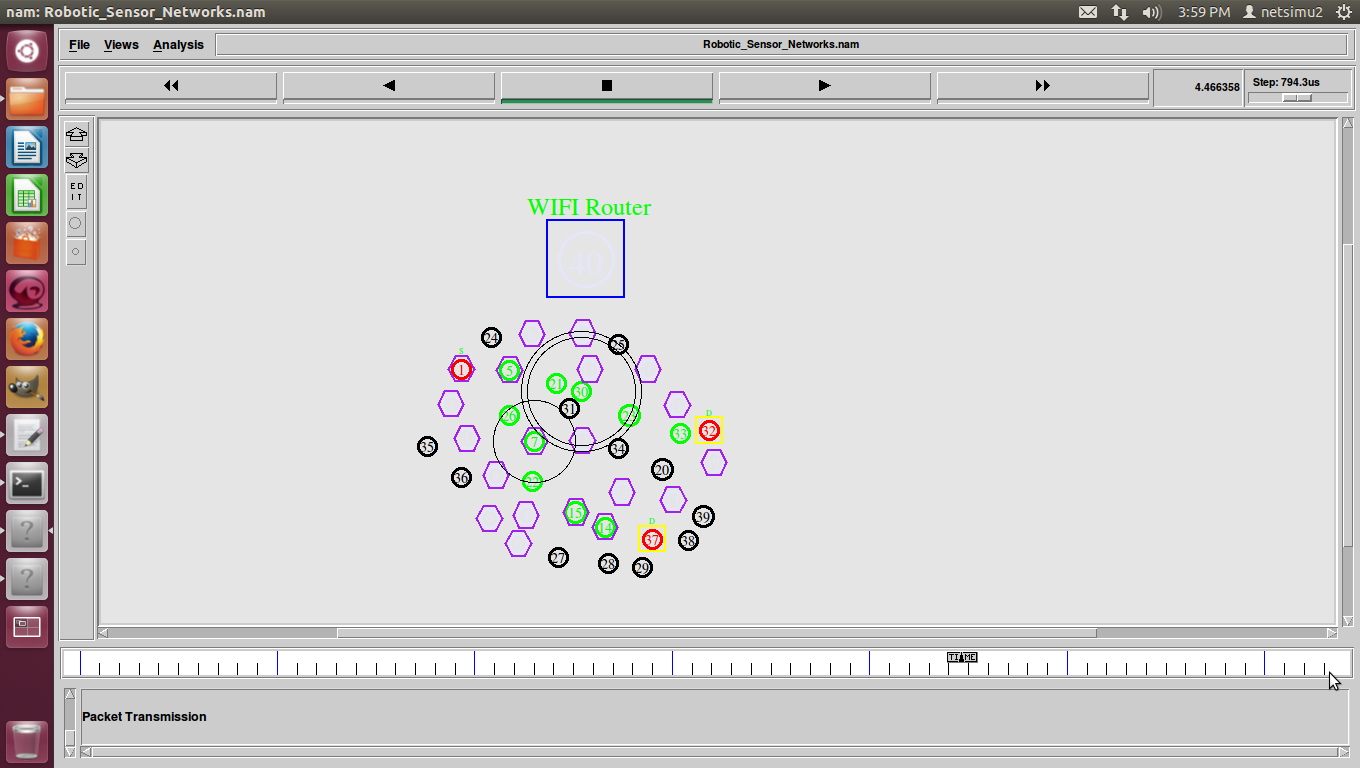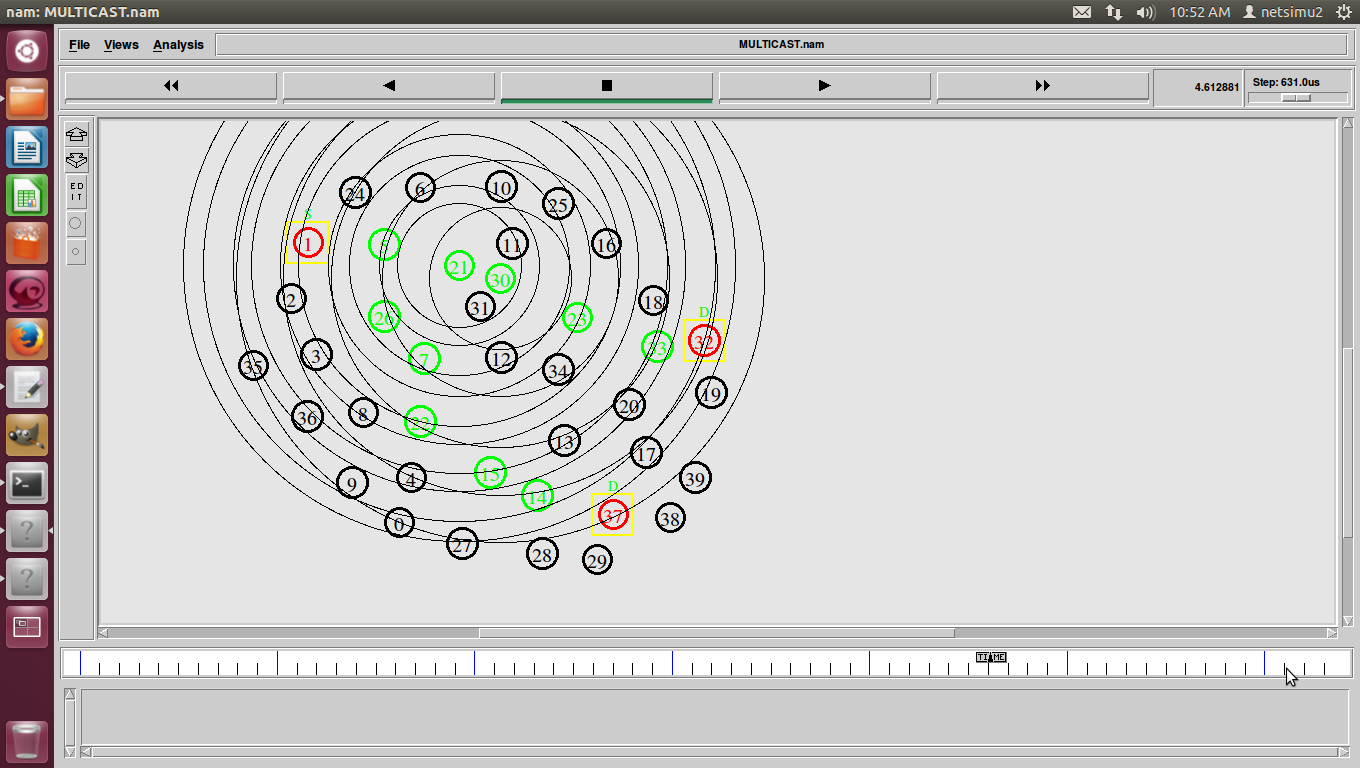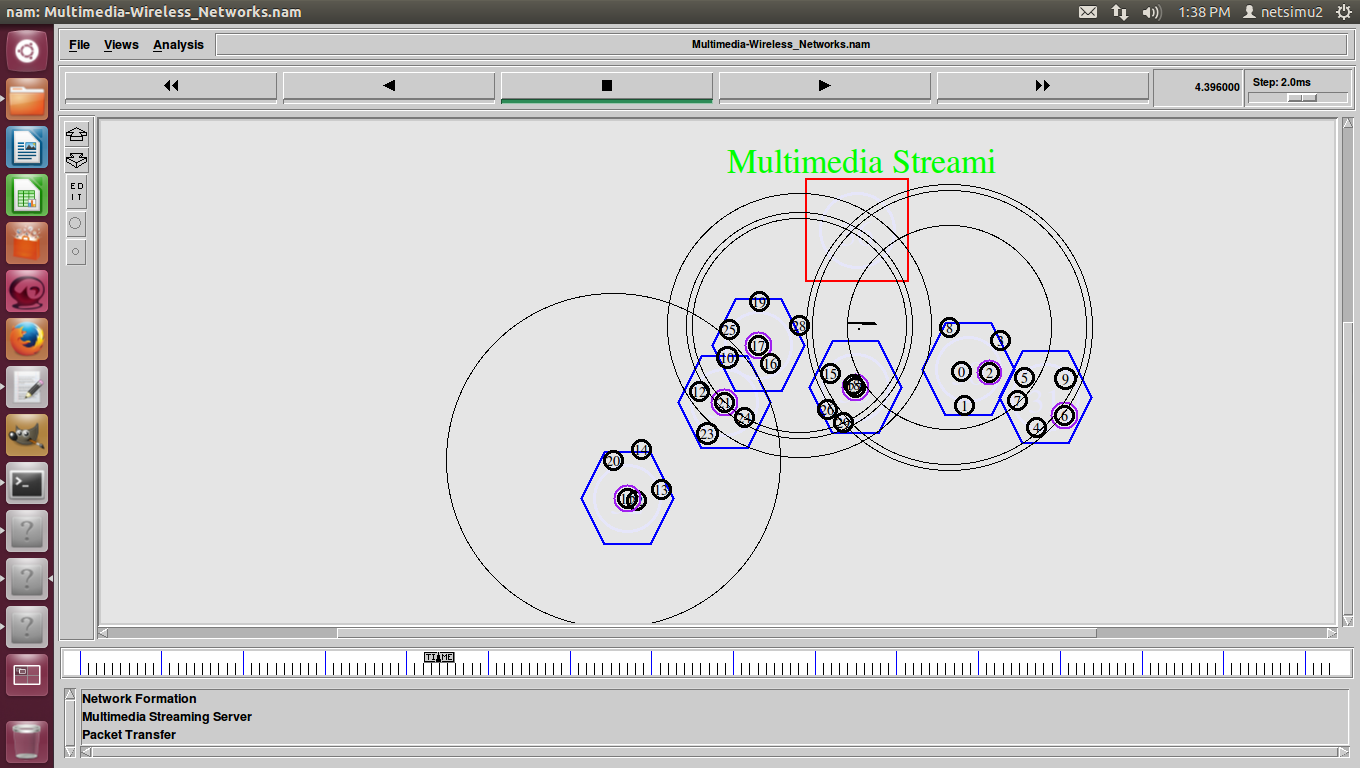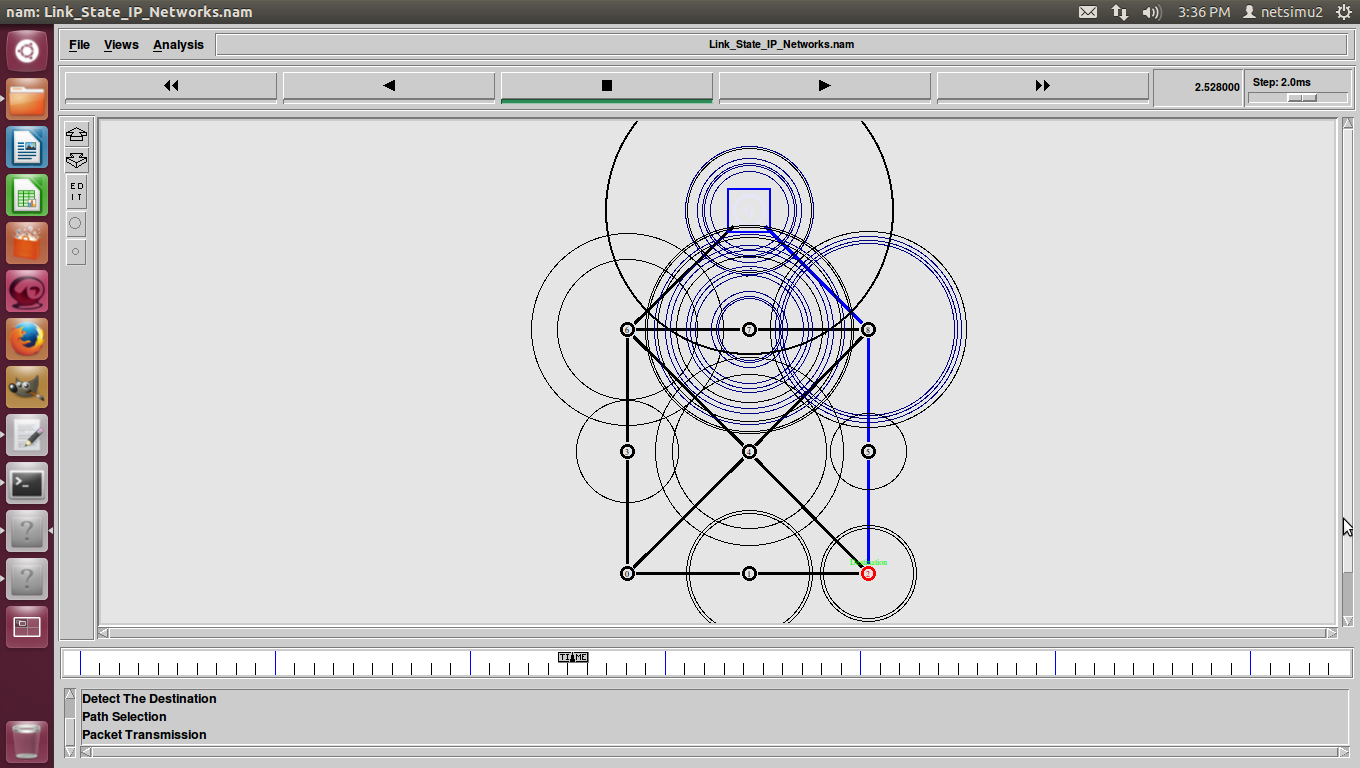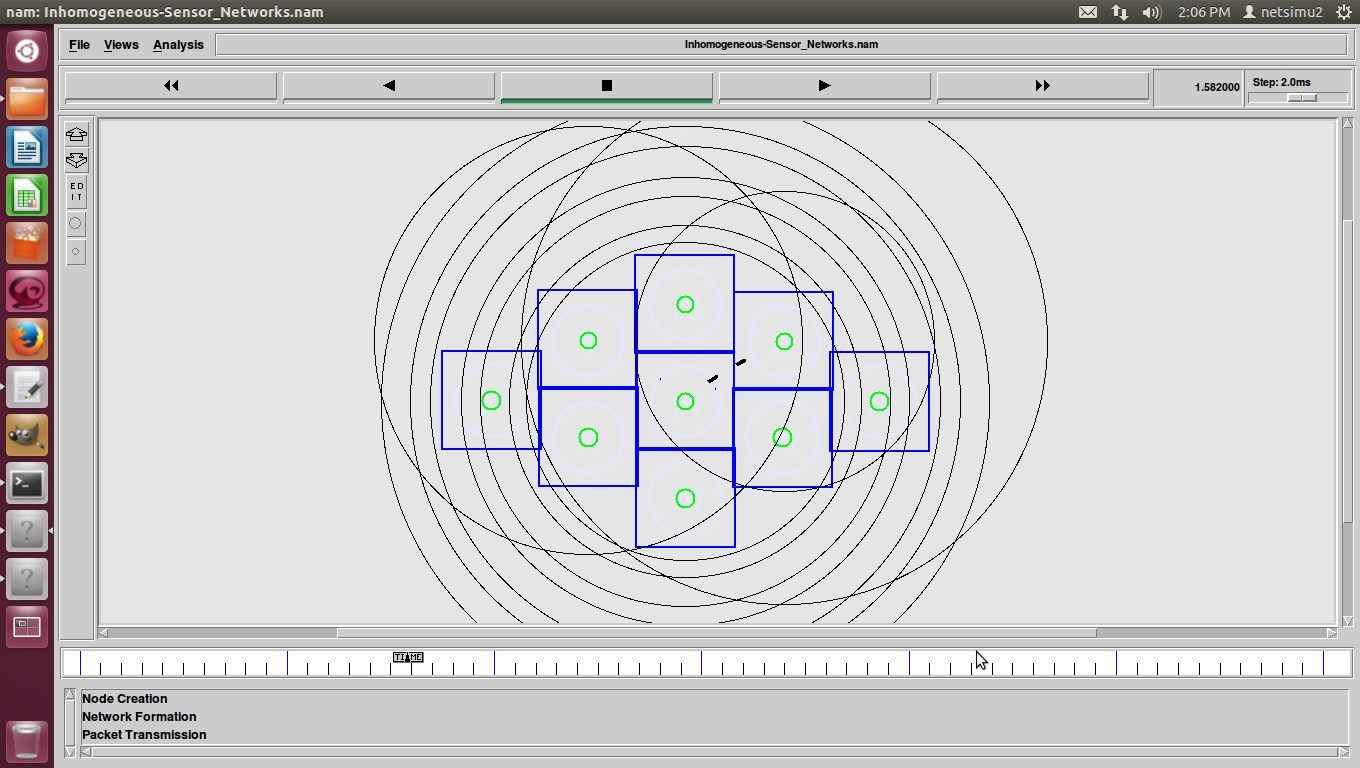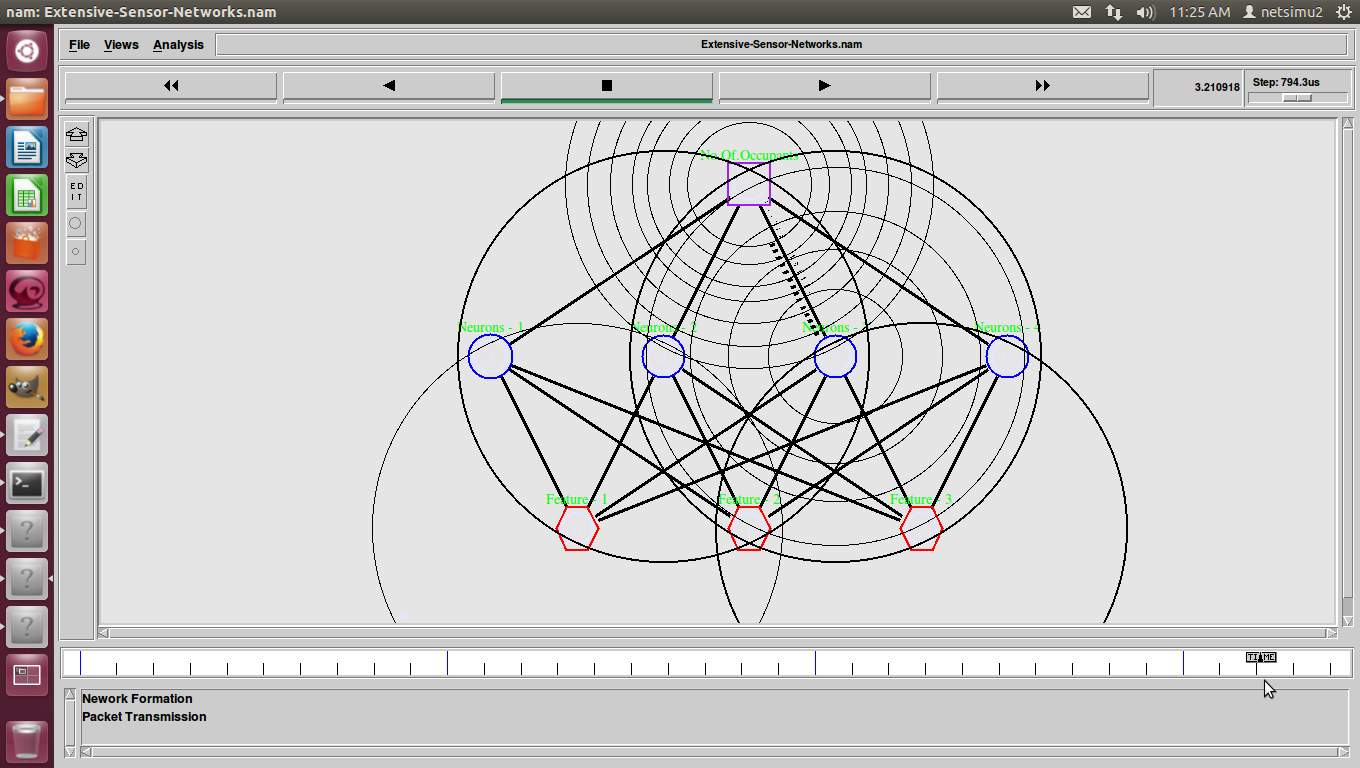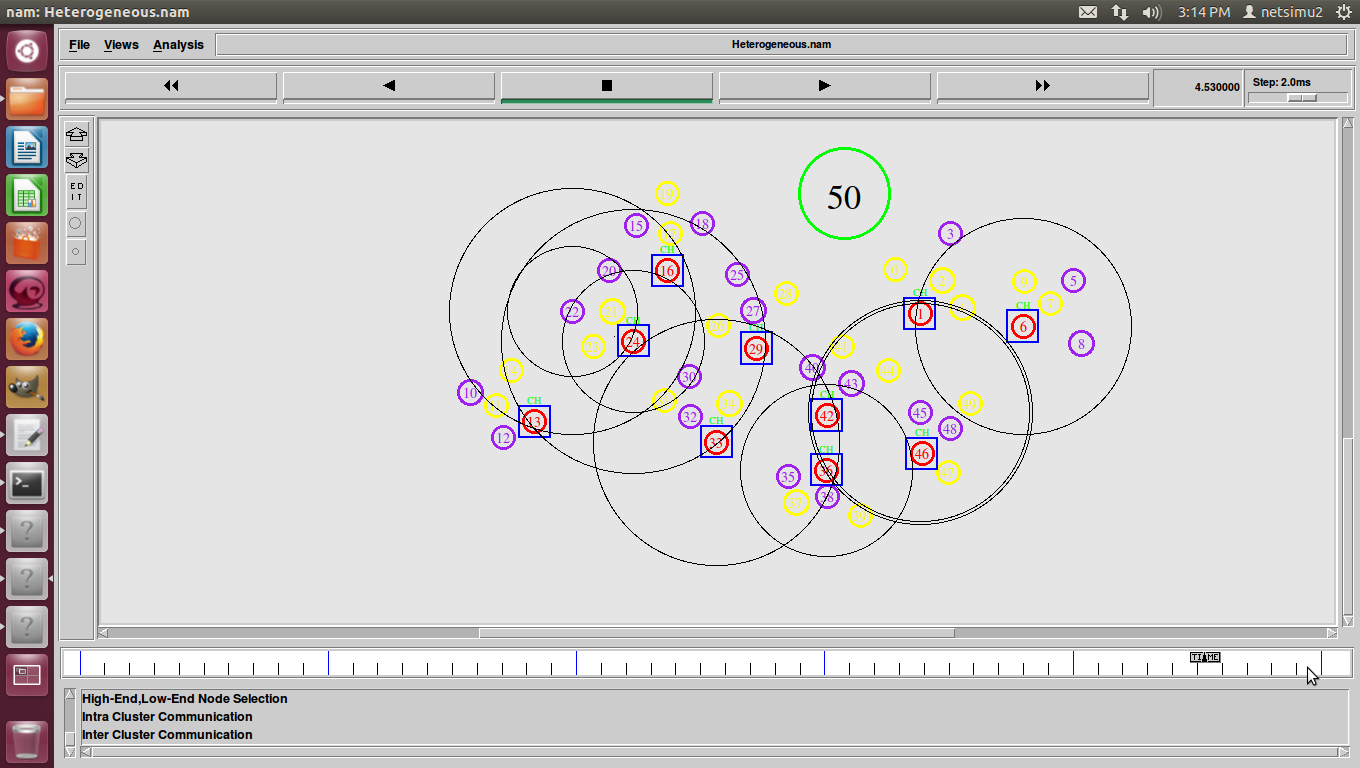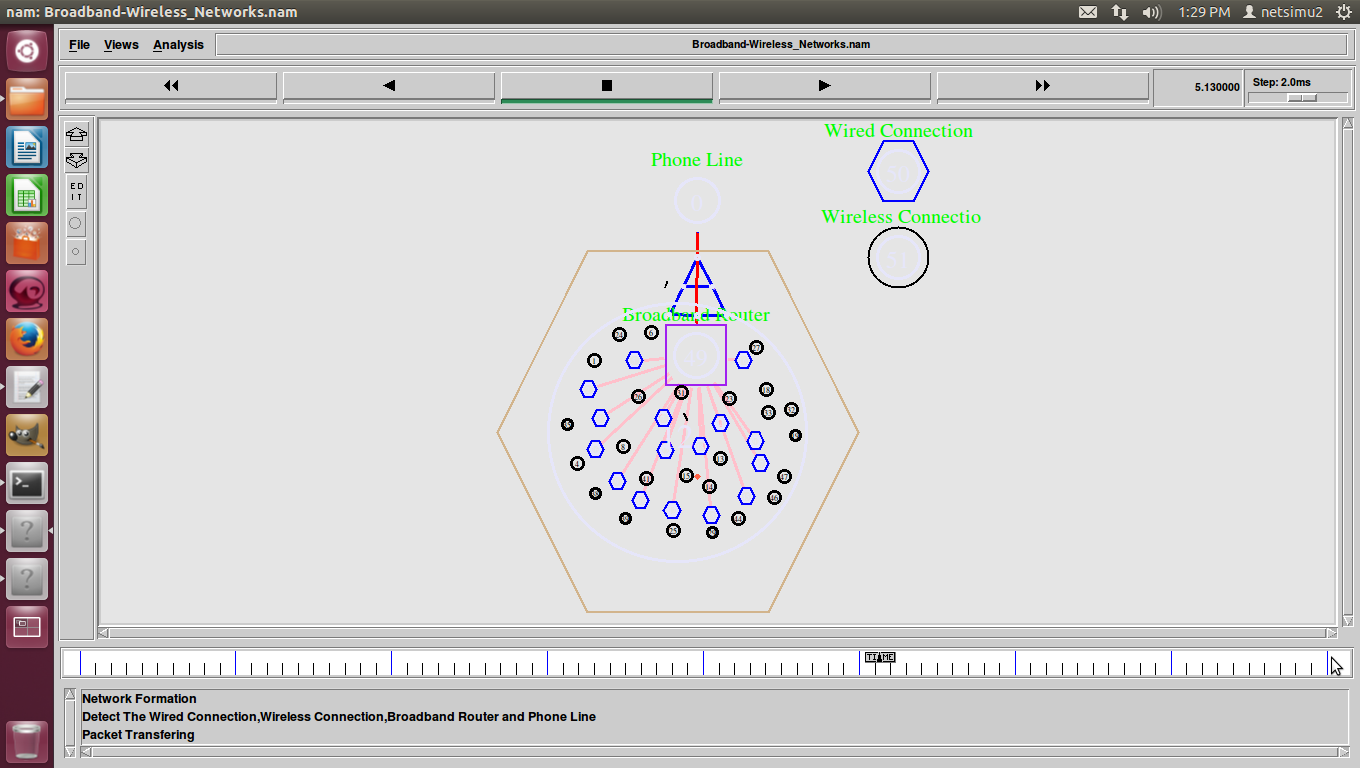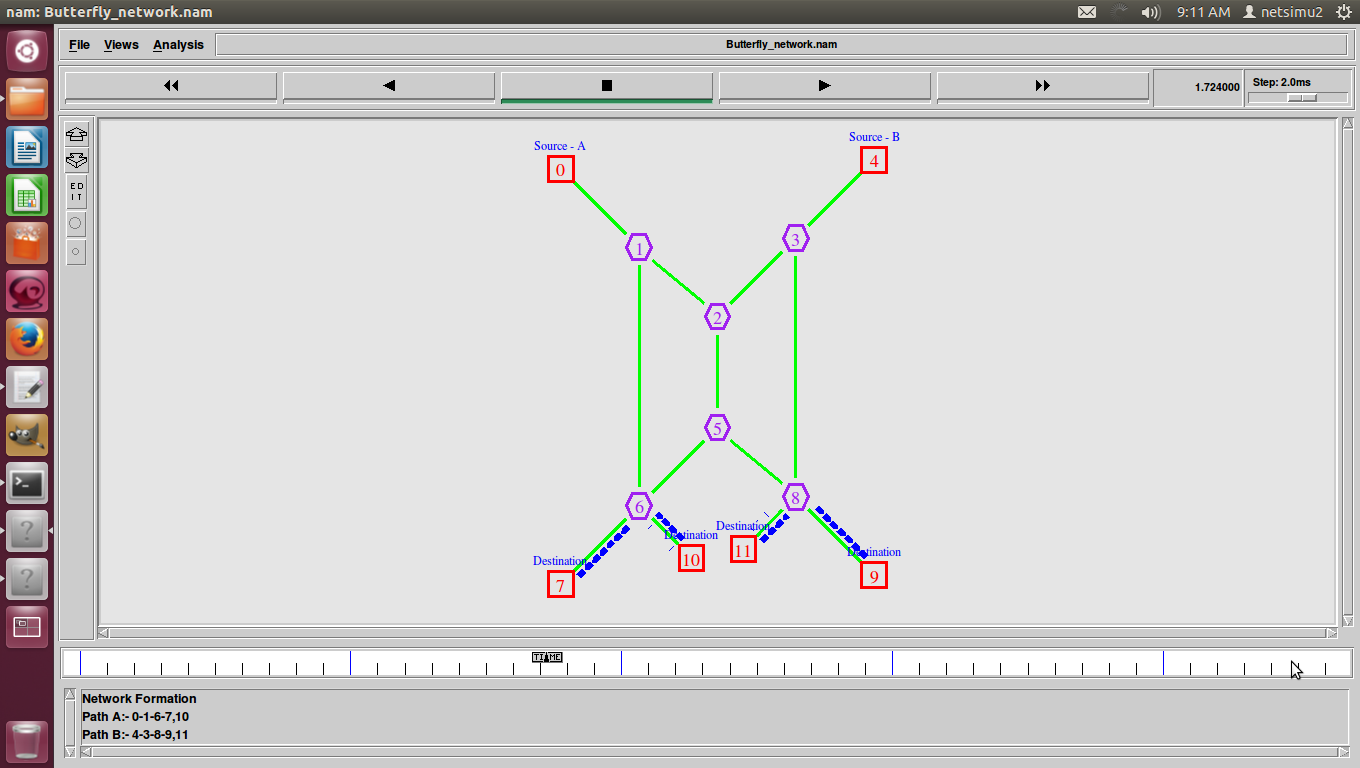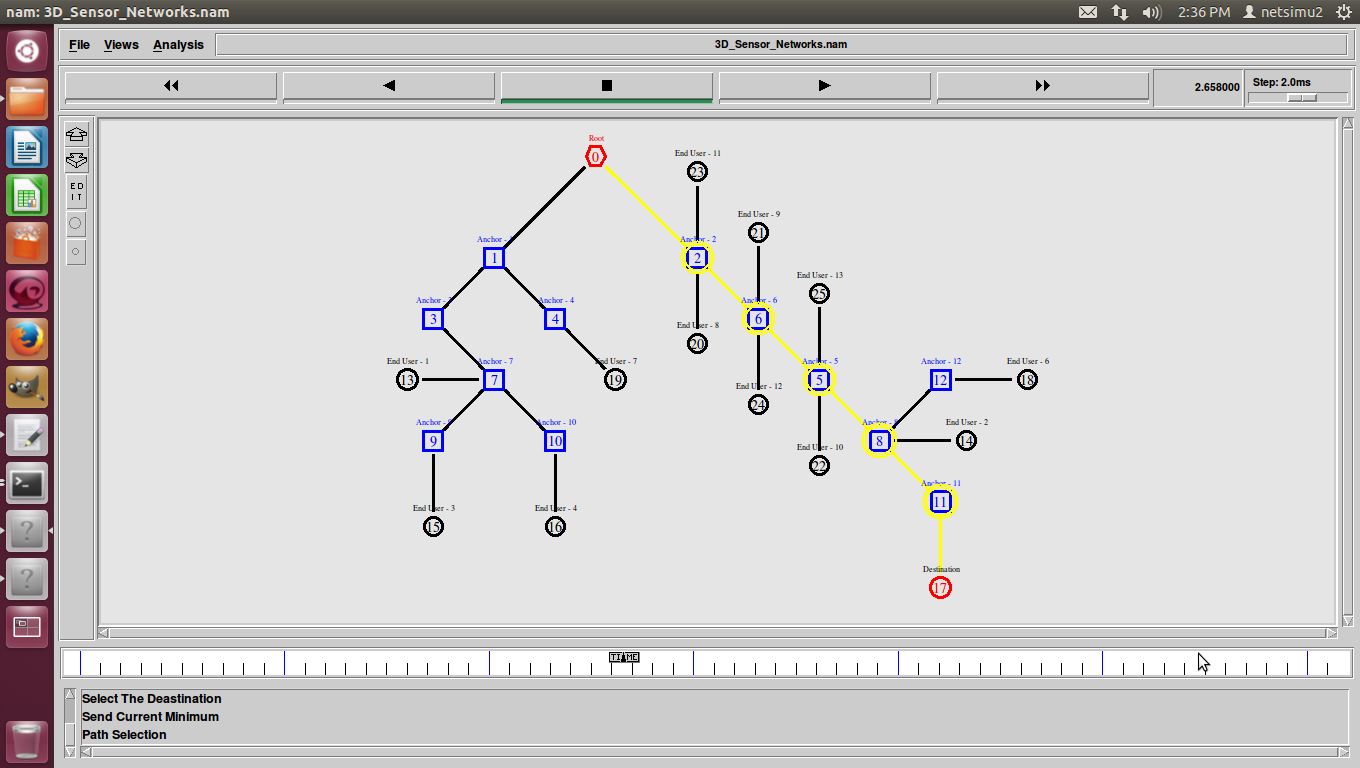Discriminative spectral learning of hidden markov models for human activity recognition
Hidden Markov Models (HMMs) are one of the most important techniques to model and classify sequential data. Maximum Likelihood (ML) and (parametric and non-parametric) Bayesian estimation of the HMM parameters suffers from local maxima and in massive datasets they can be specially time consuming. In this paper, we extend the spectral learning of HMMs, a moment matching learning technique free from local maxima, to discriminative HMMs.
The resulting method provides the posterior probabilities of the classes without explicitly determining the HMM parameters, and is able to deal with missing labels. We apply the method to Human Activity Recognition (HAR) using two different types ofsensors: portable inertial sensors, and fixed, wireless binary sensor networks. Our algorithm outperforms the standard discriminative HMM learning in both complexity and accuracy.






